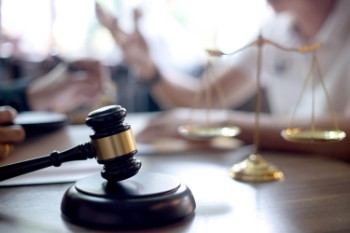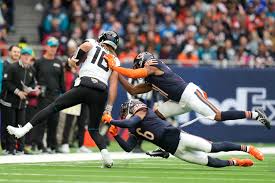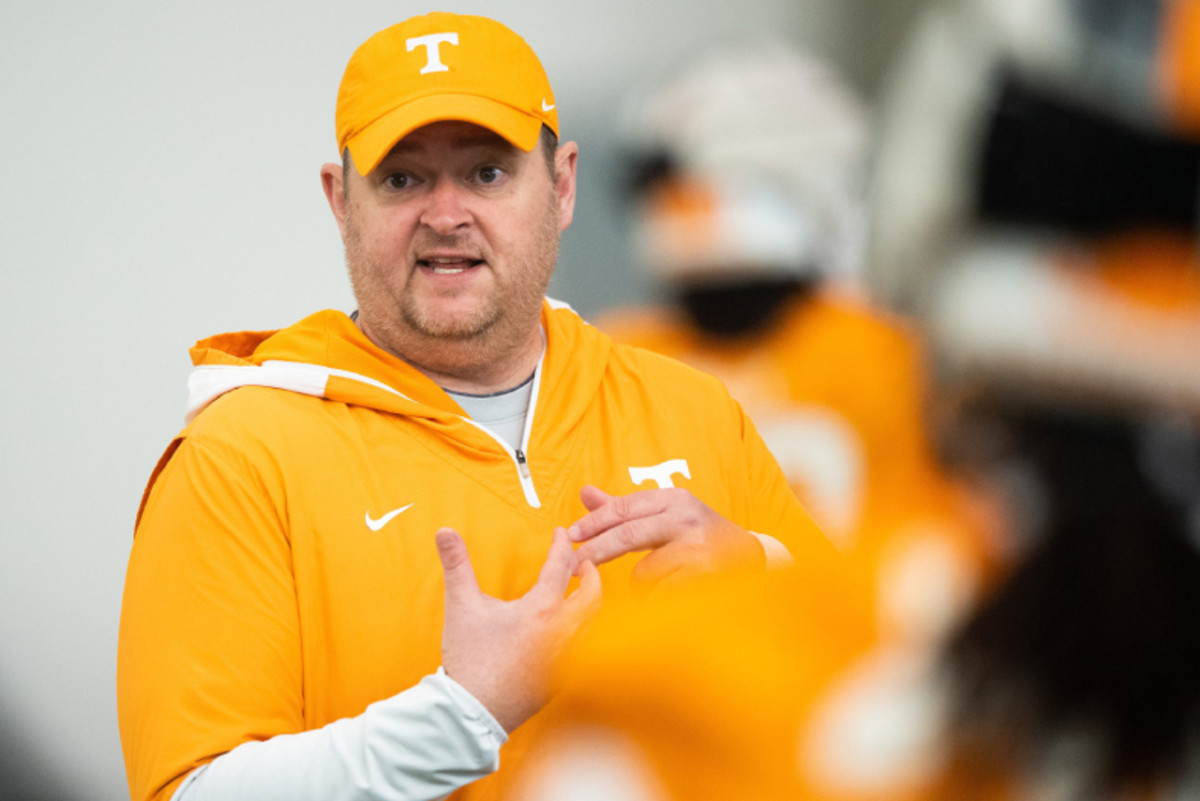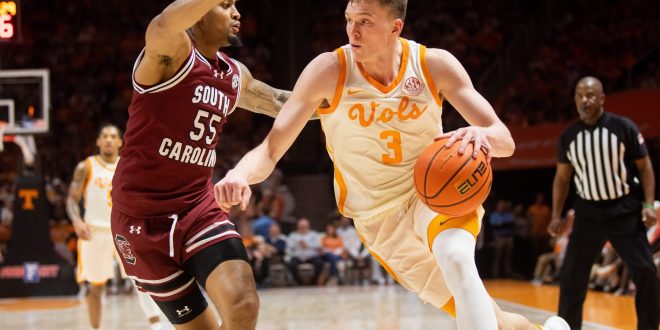Tennessee Judge Grants Provisional Injunction, Preventing Restrictions to Null Activities.
The State of Tennessee and the Commonwealth of Virginia’s request for a preliminary injunction against the NCAA was granted by Judge Clifton L.
Corker of the United District Court of the Eastern District of Tennessee on Friday. The NCAA is unable to impose any limitations on name, image, and likeness (NIL) until the matter is resolved thanks to the preliminary injunction that was granted.
The NCAA will not be able to implement the NCAA Bylaws, the NCAA Interim NIL Policy, or any other regulations that prohibit student-athletes from negotiating NIL remuneration with boosters or NIL collectives, among other third-party entities.
Furthermore, the NCAA’s rule of restitution, which penalizes student-athletes for adhering to subordinate court decisions that are subsequently overturned, will no longer be enforceable.
The Attorney Generals of Tennessee and Virginia filed the lawsuit against the NCAA back in January after learning that the organization was looking into Tennessee for possible NIL violations.
An unusual remedy that may be provided upon a clear demonstration that the plaintiff is entitled to such relief, according to the definition of a preliminary injunction.
The Court considers four elements before determining whether to grant an application for a preliminary injunction:
The NCAA fails to establish how the timing of student-athletes engaging into NIL partnerships would harm the aim of sustaining amateurism, according to Judge Corker’s 13-page judgment.
Courts have recently shown less inclination to uphold the NCAA’s standard amateurism defense.
U.S. District Judge Claudia Wilken rejected the NCAA’s move to dismiss the class action complaint in House v. NCAA, which involved NIL back compensation.
Judge Corker determined that there was irreversible harm and said that the student-athletes would not be made whole by a decision that favored Tennessee or Virginia.
Student-athletes simply do not know their full NIL value in the absence of the give and take of a free market, stated Croker. Student-athletes suffer from this suppression of negotiation leverage and the ensuing ignorance.
The preliminary injunction’s overly broad language, which states that the relief requires nothing more than allowing student-athletes and prospective student-athletes to negotiate NIL deals with third parties, led the Court to reject the NCAA’s further argument that it “threatens to introduce immediate disarray into college athletics.
Subject to state law, this ruling practically permits pay-for-play to continue unrestrictedly. Although the Eastern District Court of Tennessee, which encompasses most of East Tennessee and a small portion of Middle Tennessee, is the only area where Judge Corker’s decision applies to colleges, the NCAA and other states are unlikely to enforce the rules while the injunction is in effect because doing so would disadvantage recruiting.
According to an NCAA statement, turning upside down standards that member schools have overwhelmingly accepted will worsen an already unstable collegiate environment, further weakening protections for student-athletes from exploitation.The NCAA is making changes to give student-athletes more benefits and fully supports them making money off of their name, image, and likeness, but an endless patchwork of state laws and courts make it clear that working with Congress is necessary to provide stability for the future of all college athletes.
Tennessee Attorney General Jonathan Skrmetti stated, The larger battle continues, but the court’s granting of a preliminary injunction against the NCAA’s illegal NIL-recruitment restriction ensures the rights of student-athletes will be preserved for the duration of this case.
To guarantee that Tennessee student-athletes cannot be harmed by the NCAA’s monopoly, we will pursue this case to its farthest in court. The law is on our side, and the NCAA is not above the law.
The NCAA did not specifically mention in their statement that they will appeal the preliminary injunction, but they most likely will.




